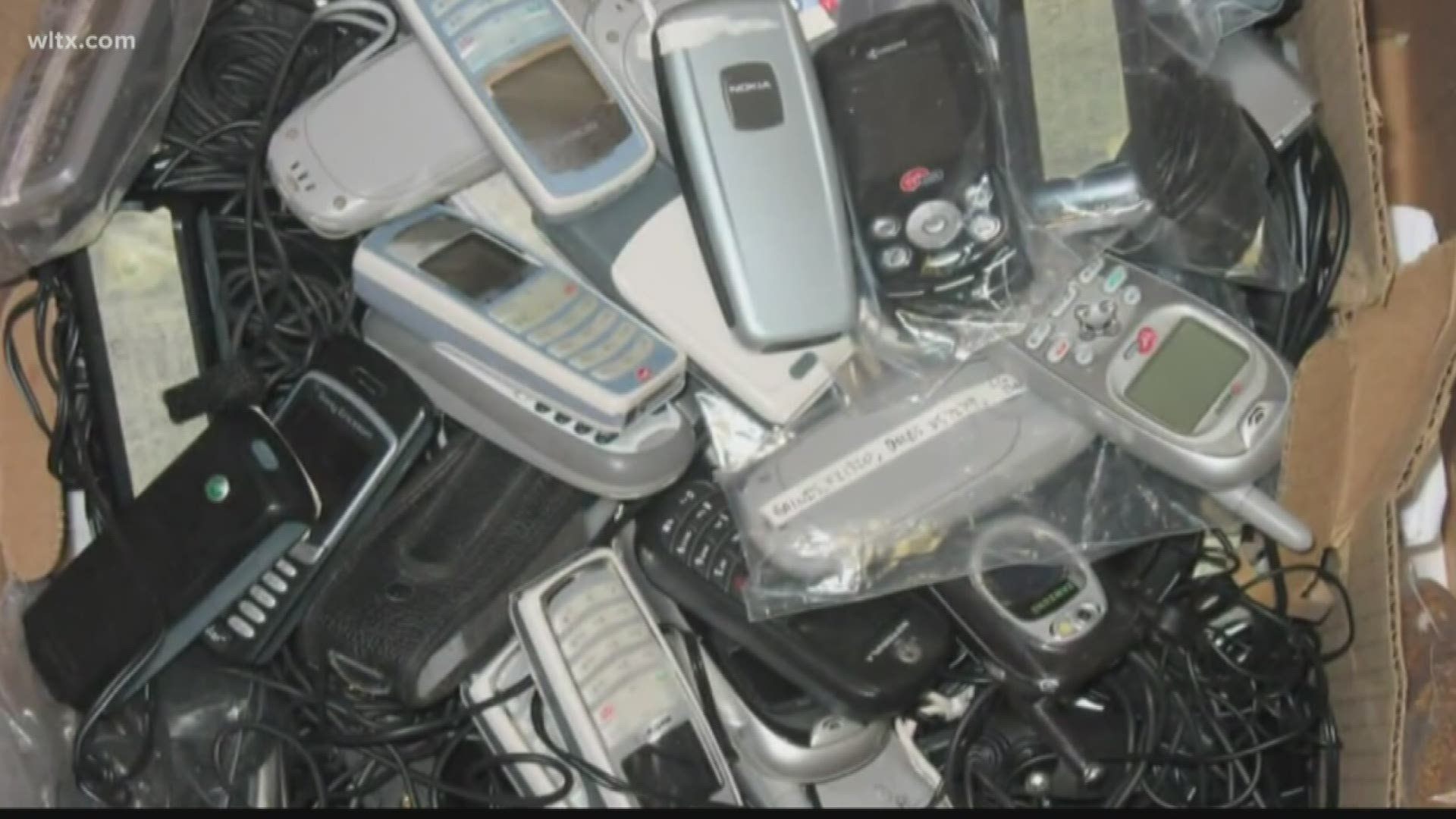COLUMBIA, S.C. — The U.S. Department of Justice announced a report that showed the results of cell phone jamming testing at a Columbia, SC prison.
The National Telecommunications and Information Administration reported the results of the April 2019 testing at the Broad River Correctional Facility, saying "the results are promising."
The Micro-jamming technology that was installed during the testing blocked cell signals inside of a housing unit in the facility, but allowed legitimate calls to be made one foot outside of the housing unit's perimeter.
"We need to jam, not today, but yesterday," says Bryan Stirling, director of the South Carolina Department of Corrections. "We proved legally that this could be done and it could be done effectively, safely and very cost efficiently."
Federal law currently prohibits the jamming technology from being used at prisons around the nation, but there are efforts being made by the DOJ to influence congress to change the laws.
The concern that some have is that people living near prisons could be affected, when it comes to emergency calls, but Attorney General Alan Wilson says not having the jamming technology is putting lives at risk.
"You're dead wrong and you need to get over it and allow this to go forward so we can jam the cell phone signals going out of the prisons and into the prisons," says Wilson. "So, we can better protect not only the employees of the prisons, but the lives around that prison system. They're dead wrong, period."
The April 2019 test was one of three test done by the Federal Bureau of Prisons in the past few years.

